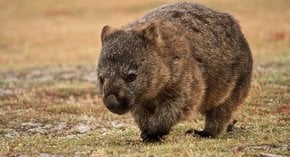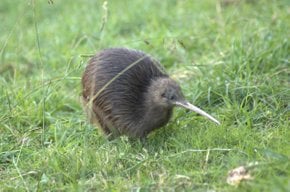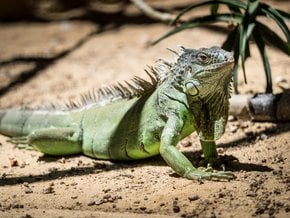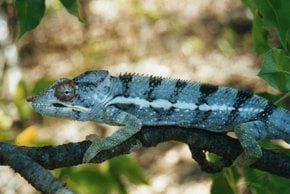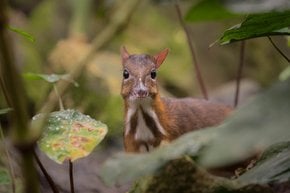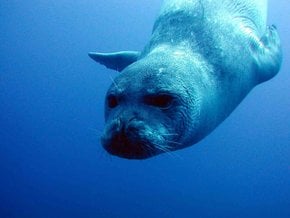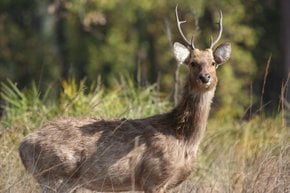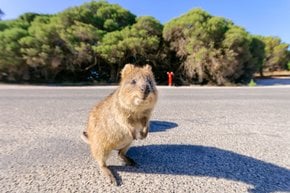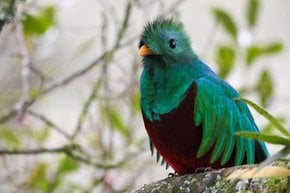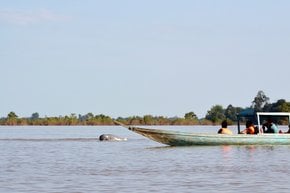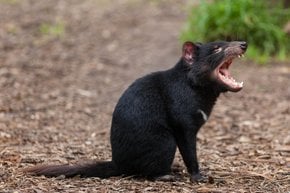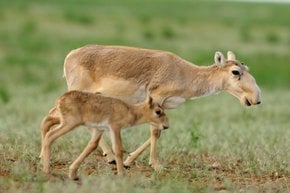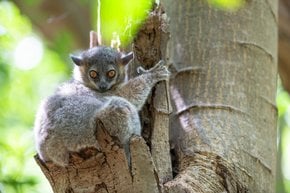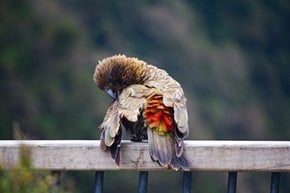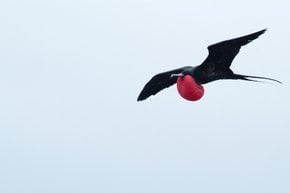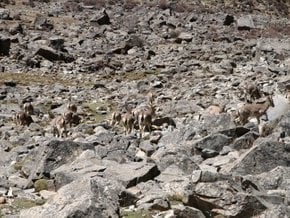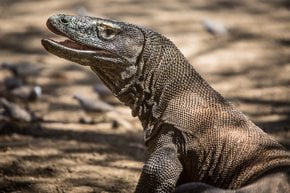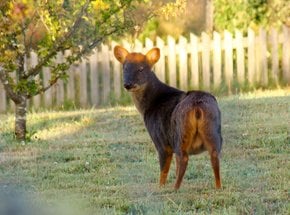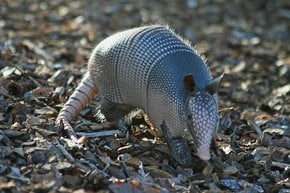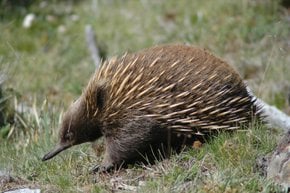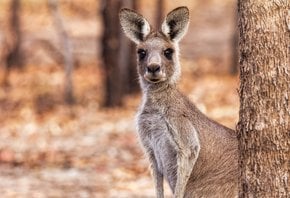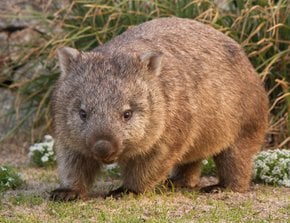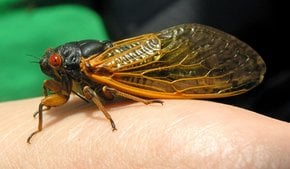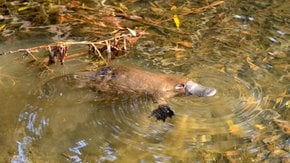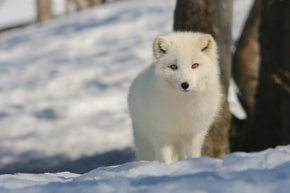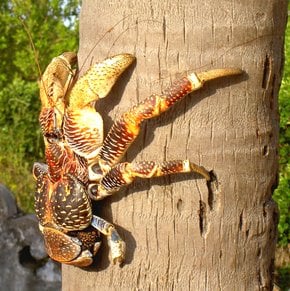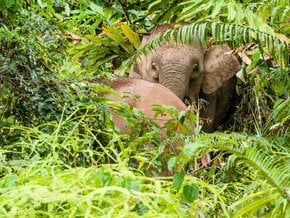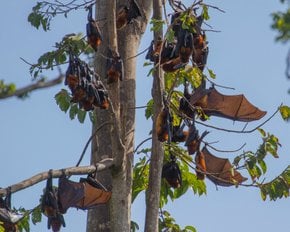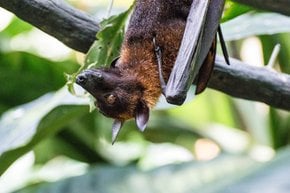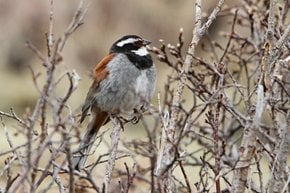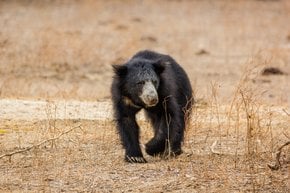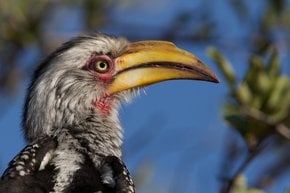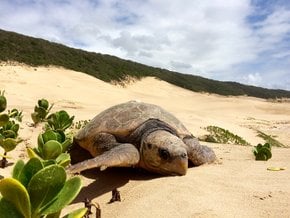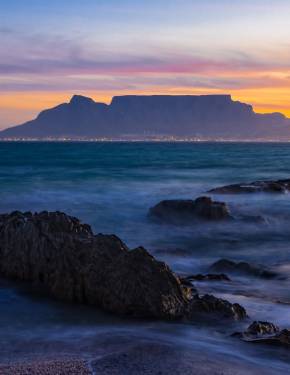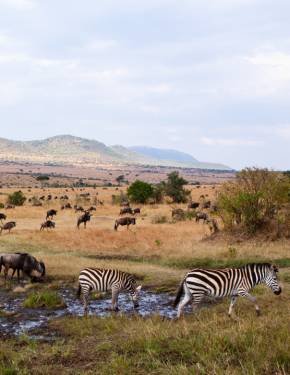Meerkat Wonder at Sunrise in South Africa 2025
Cute by appearance, but far from being innocent—meerkat hunt in gangs of 20 to 50, and there is always someone on patrol
Best time: March–May | September–November
A scene of meerkats hunting is amusing to observe. At sunrise, if the weather is dry, they start cautiously popping out from their burrows one by one, meanwhile watching around for any potential danger. When the entire family is out, they line side by side on their hinder paws and stare into the distance. When you see a still sleepy meerkat yawn, it's easy to assume they are just enjoying the sun, but they are actually looking for a meal, and a severe hunt is about to get started.
An average hunting group consists of 20 individuals, and superfamilies count up to 50 meerkats. Not accidentally, they are called a mob, a gang or a clan. They somehow agree that one of meerkats works on patrol. A meerkat on duty usually climbs some tree trunk or shrub to have a better view of the territory, and here it begins.
Practically all the wildlife smaller than meerkats should stay alert, cause these hunters feed on anything starting from eggs, to insects, frogs, snakes, and small mammals like squirrels, and also small birds, and even poisonous scorpions. Right, whereas human body can't beat the sting, such a small animal appears to be immune to scorpion's poison.
At the same time, meerkats are vulnerable to bigger predators. Therefore, the patrol is an essential safety measure during the hunt. While the area is clear from enemies, the watching meerkat produces peaceful sounds that resemble a kind of bird's chirping. In case of danger, dog-like barking will be a signal to all meerkats to race back into their burrows.
In South Africa there are a few good places to observe the so-called "Meerkat Wonder" also known as "Meerkat Manor". It's either the southern area of Kalahari in Western Cape, known for Kalahari Meerkat Project, or more challenging spots in the north of South Africa—Kgalagadi Transfrontier Park and Oudtshoorn areas, both located in Northern Cape, close to the border with Botswana.
Meerkats remain there all year, but keep in mind they don't leave their burrows when it rains. Thus, it will be wise to avoid rainy season. For most of the country, including Northern Cape Province it rains in the summer, December to February. It's the opposite in Western Cape where the rainiest season is winter—June to August. Thus, the best months to observe "Meerkat Wonder" or "Meerkat Manor" is March to May and September to November.










